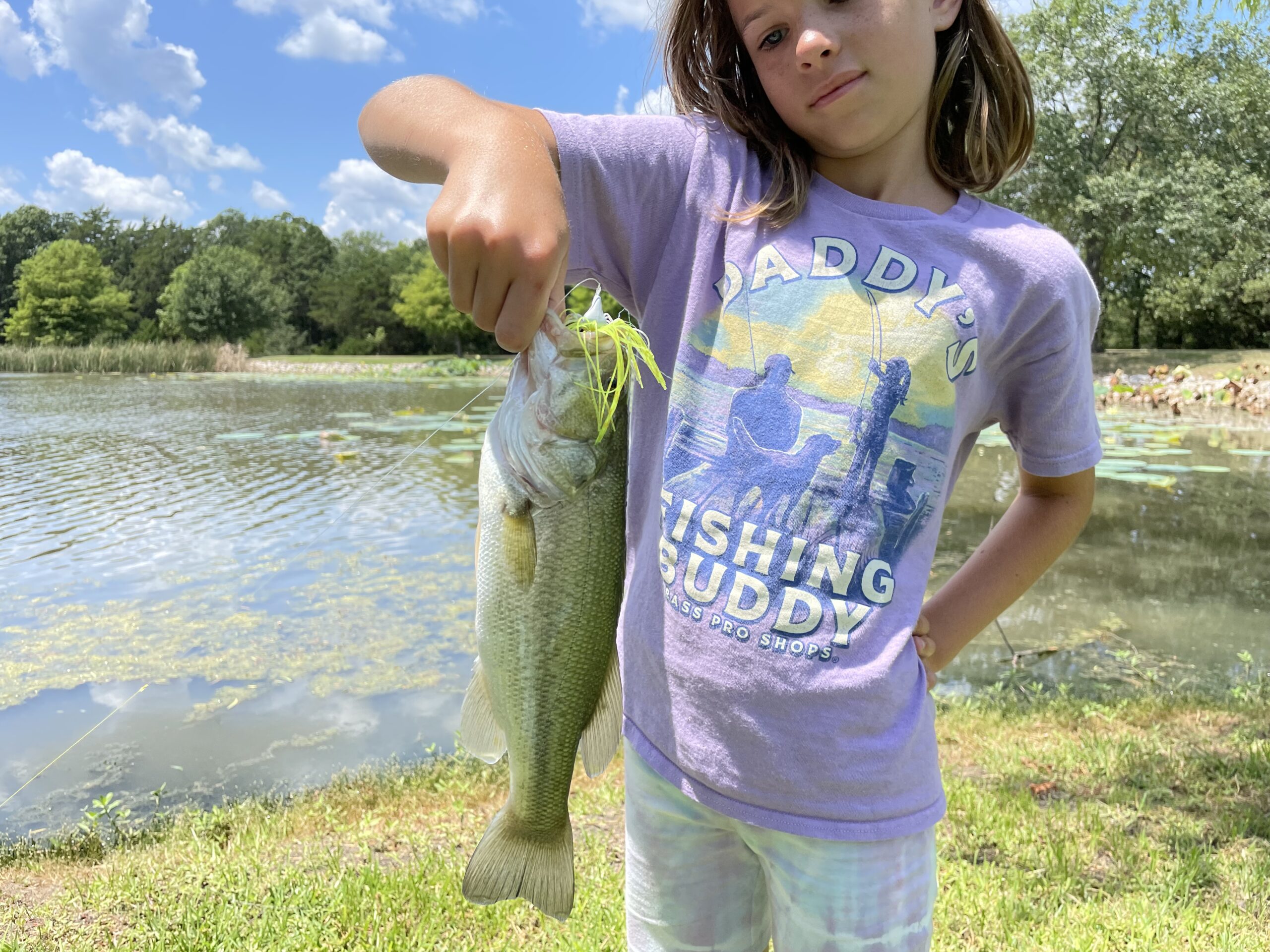
As someone who has been fishing since I was a child, I have always viewed fishing as more than just a sport. Recreational fishing, as it is often called, is a pastime that has been enjoyed by millions of people around the world for centuries. But is fishing really a sport? In this article, I’ll explore the benefits of fishing, the rise of this activity, the impact on the environment, the economic benefits, the community aspect, the cultural significance, and the future of recreational fishing.
Introduction to Recreational Fishing
Recreational fishing is the practice of catching fish for pleasure or enjoyment rather than for commercial purposes. It is a popular activity in many parts of the world, and it has been around for centuries. Fishing can be done in a variety of environments, including freshwater, saltwater, and even in urban areas. It is an activity that can be enjoyed by people of all ages, and it is often passed down from generation to generation.
Is Fishing a Sport?
The question of whether fishing is a sport is a topic of debate among anglers. Some argue that fishing is a sport because it requires skill, competition, and physical exertion. Others argue that fishing is not a sport because it lacks the physicality of other sports like football, basketball, or soccer. However, the International Olympic Committee recognizes fishing as a sport, and it was even included in the 1900 Olympic Games.
The Benefits of Fishing
Recreational fishing has many benefits, both physical and mental. Fishing can be a great way to get exercise and fresh air, and it can also be a way to relieve stress and anxiety. Studies have shown that spending time in nature can have a positive impact on mental health, and fishing is a great way to do this. Additionally, catching fish can provide a sense of accomplishment and can boost self-esteem.
The Rise of Recreational Fishing
Recreational fishing has experienced a surge in popularity in recent years. According to a report by the American Sportfishing Association, fishing participation in the United States increased by 8% between 2011 and 2016. In addition to this, the number of female anglers has also increased, with women making up 35% of all anglers in the United States. This rise in popularity can be attributed to a number of factors, including increased access to fishing locations, the rise of social media, and the availability of affordable fishing gear.
The Impact of Fishing on the Environment
While fishing can be a fun and enjoyable activity, it also has an impact on the environment. Overfishing, or catching too many fish, can lead to a decline in fish populations and can have a negative impact on the ecosystem. Additionally, improper disposal of fishing gear can be harmful to marine life. However, there are steps that anglers can take to minimize their impact on the environment, such as practicing catch and release and properly disposing of fishing gear.
The Economic Benefits of Fishing
Recreational fishing also has a significant economic impact. According to a report by the National Oceanic and Atmospheric Administration, recreational fishing contributes $115 billion to the United States economy each year and supports over 800,000 jobs. This includes jobs in industries such as fishing equipment manufacturing, tourism, and hospitality. Additionally, fishing can bring in revenue for local communities through the sale of fishing licenses and permits.
The Community Aspect of Recreational Fishing
Fishing can also be a great way to build community and connect with others. Fishing clubs and organizations exist all around the world, and they often hold events and competitions that bring people together. Additionally, fishing can be a way for families and friends to spend time together and create lasting memories.
The Cultural Significance of Fishing
Fishing has a rich cultural history that dates back centuries. In many cultures, fishing is seen as a way of life and is deeply ingrained in the community. For example, in Japan, fishing has a long-standing tradition and is celebrated through events such as the annual Tuna Festival. Additionally, fishing has played an important role in the diets of many cultures, providing a source of food and sustenance.
The Future of Recreational Fishing
The future of recreational fishing is bright, but it is not without its challenges. As the population continues to grow and urbanization increases, access to fishing locations may become more limited. Additionally, climate change and other environmental factors may have an impact on fish populations. However, with proper management and conservation efforts, fishing can continue to be enjoyed for generations to come.
Conclusion
In conclusion, recreational fishing is more than just a sport. It has many benefits, both physical and mental, and it has a significant economic impact. While it does have an impact on the environment, with proper management and conservation efforts, fishing can be enjoyed for generations to come. So next time you head out to the water, remember that fishing is more than just a sport – it’s a way of life.




